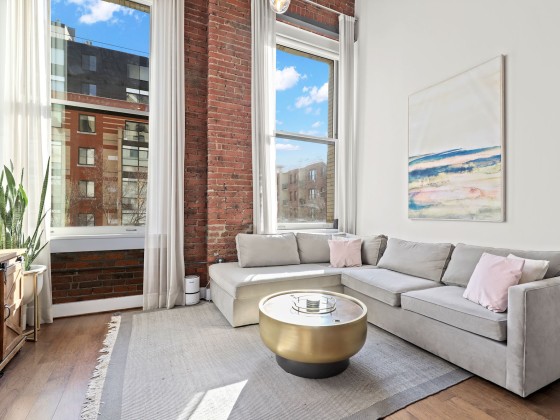 Ask an Agent: How High Will My Condo Fees Go?
Ask an Agent: How High Will My Condo Fees Go?
✉️ Want to forward this article? Click here.
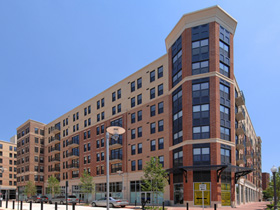
In this week’s installment of Ask An Agent, a reader inquires if there is any way to predict how much (and how often) condo fees will increase. Nate Guggenheim of W.C. & A.N. Miller offers up some insight.
Question: I am in the market for a condo but am worried about the monthly fees rising in the years ahead. Is there any way to predict how much (and how often) condo fees go up? Is it tied to a benchmark like inflation, or can a condo association hike up prices as much as they see fit?
Answer: Condo fees will rise due to external and uncontrollable factors like market fluctuations, though it is in the hands of building residents and board members to ensure that the condo is being run properly. I suggest budgeting for a 5% increase annually, based on the need to save for future repairs and cost of living increases. However, rather than being concerned with potential increases in condo fees, it is more important to do background research on the financial history of any building within which you are thinking of making a purchase, as you will have some control of minimal increases as a voting condominium member. The physical and financial state of the building is paramount in predicting near-term major expenditures.
In DC, you have a three-business day period to review the condominium resale package (15 calendar days for new construction to review the Initial Public Offering Documents) after you have contracted to purchase. The condominium financial statements and budget must be included with the resale package. You should review these financial documents with scrutiny and make certain that you are comfortable with the manner in which the condominium operates fiscally. Keep in mind that contacting a board member and asking questions about the building’s future plans for improvements and the means in which they would finance those plans is an acceptable action for a buyer, and more often than not will assuage your fears. Condo fees are critical to building upkeep and aid in protecting your asset as a whole. Increases in these fees are inevitable; a building that does not maintain itself will not maintain its value.
In short, there is really no way to predict accurately how much and how quickly condo fees will increase during your tenure as a condominium owner. The only sure thing is that they will rise over time. There are many factors that determine the total monthly fee. Condominium fees are used to pay for the electricity that lights your hallways and operates your elevators, the master insurance policy on the property, the maintenance of indoor and outdoor common areas and the building itself, trash removal, water, and management fees. The fees usually also contribute to a reserve fund which is used for any major improvements that may need to be done in the immediate future. Some buildings have additional costs due to amenities such as a fitness room, doorman or pool; and some condo fees include all utilities.
Condominiums are essentially little businesses that are run by the residents of the building, with a board that keeps track of paperwork, organizes meetings, analyzes the state of the building (physically and financially), and makes suggestions on how to run the building in the future. It is of great importance to assess any property that you purchase prior to going to closing, in order to get a sense of the strength of the building financials and any unexpected costs that might raise your monthly maintenance fee. There are simple things to think about that many people overlook: What is the age of the building that you are thinking of buying in? What are the likely systems that will need imminent replacement? Are the windows and HVAC systems new or old? Are you, as the individual unit owner, responsible for your windows and heating/cooling units? These are all things that would likely affect the future of your condo fees. New buildings often have low fees, as all the systems are new, typically efficient and the reserve contributions are generally quite small. An older building with few improvements should have larger reserves than a new building or a building that has recently undergone serious renovation. A good rule of thumb: larger buildings have larger budgets and larger reserves, and vice versa.
Be sure to budget for increases in condo fees, but more importantly, shop wisely, do your research, and be certain that any building within which you do make a purchase has a sound financial statement and good management – ultimately you are going to have some control over the monthly fees.
See other articles related to: ask an agent, dclofts
This article originally published at http://dc.urbanturf.production.logicbrush.com/articles/blog/ask_an_agent_how_high_will_my_condo_fees_go/1133.
Most Popular... This Week • Last 30 Days • Ever

While homeowners must typically appeal by April 1st, new owners can also appeal.... read »
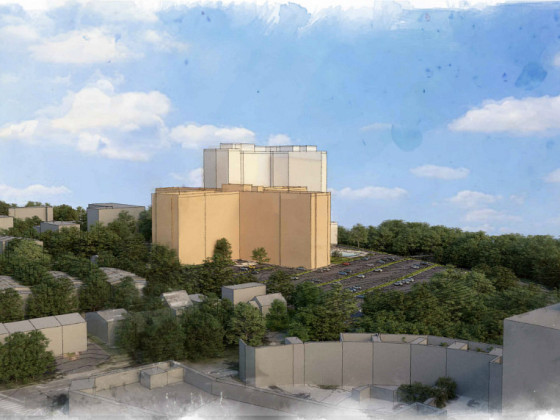
A significant infill development is taking shape in Arlington, where Caruthers Proper... read »
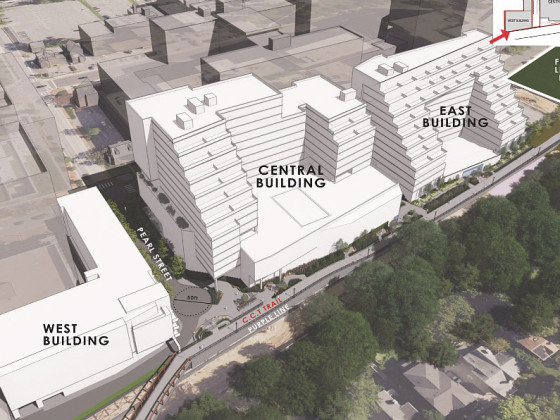
A new mixed-use development would bring hundreds of new residential units and a healt... read »

A residential conversion in Brookland that will include reimagining a former bowling ... read »
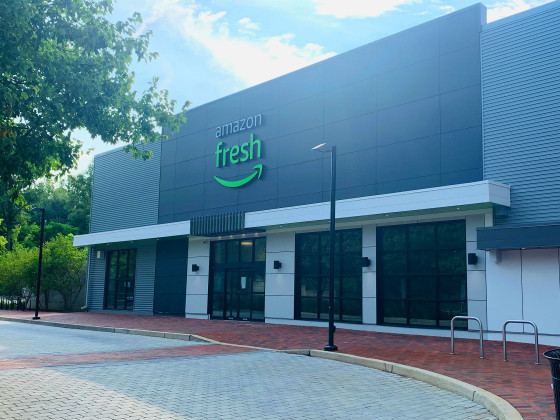
After years of experimenting with its branded brick-and-mortar grocery concepts, Amaz... read »
DC Real Estate Guides
Short guides to navigating the DC-area real estate market
We've collected all our helpful guides for buying, selling and renting in and around Washington, DC in one place. Start browsing below!
First-Timer Primers
Intro guides for first-time home buyers
Unique Spaces
Awesome and unusual real estate from across the DC Metro






